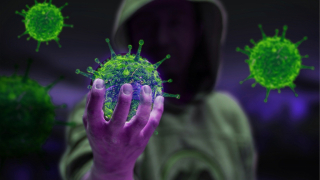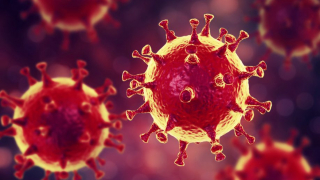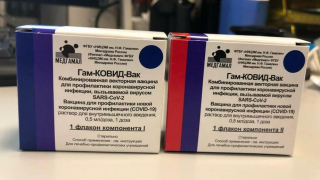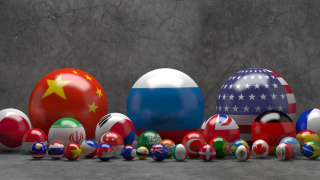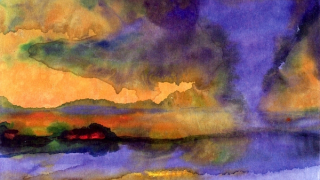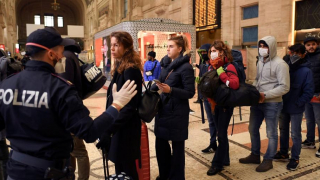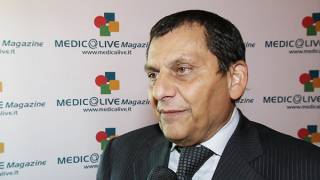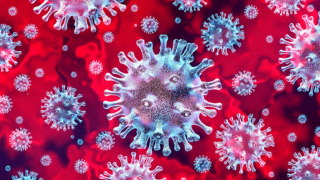Also “The Guardian” says it: a year without hugs and caresses is irreparably marking us
I don't know if you know how a person is when marked by emotional deficiencies. For heaven's sake, each of us has his own and not all of us have the same needs, but have you ever thought about how much touch weighs on the economy of our existence? If you are among those who have never received great attention, maternal devotions and especially if you have never been highly sought after by those of the other sex, it will be obvious.
The man or woman who is not loved, who does not receive attention and, in fact, hugs and caresses, usually have many of those neuroses that they can feed the power plant of a metropolis. Not being recipients of gestures of love kills you. It is a bit like living in a prison as large as the world.
So think, in this time of pandemic and consequent social distancing, how many setbacks an average individual can have suffered. Even a prestigious newspaper like “The Guardian” wrote about it, finally demonstrating that often political choices also have an existential fallout:
Eleanor Morgan, the author of the text and all the people she interviewed on the subject, from scholars to ordinary people, denounce the very serious emotional deprivation they have encountered following the various lockdowns and preventive anti-COVID measures. Imagine singles like her and the myriad of “without family” who live in big cities, relying solely on those evenings with friends, including aperitifs and frugal dinners. One of them [a girl] even confesses to her that she has never become aware of her condition as a person without ties before then.
The thought, then, at a certain point, also becomes very technical and scientific. We talk about the nerves that are stimulated by touching certain areas. All things that we really don't care about.
Anyone, the butcher, the sweeper and the archeology scholar know very well, without any medical basis, that touching and being touched is beautiful, generates happiness and fights stress. You don't have to have studied as a priest to get there.
The truth that emerges from the text, in any case and going beyond the journalist's thoughts, is how much the COVID has revealed about our solitude as human beings of the new millennium. They had deluded us that we could live like this, without families, friends, lovers. A whole beautiful a fucking life no strings attached [1], as they say in English, that is, without obligations. And so, we found ourselves heartbroken and abandoned, dispensing caresses to a pet, with a degree of sadness in the blood that pushed us straight into the resuscitation rooms - were it not that these are already full.
COVID’s effects - the real effects - will probably be felt for decades, but they have their roots well before the pandemic, in a world that they had told us as summarized in a one-room apartment, with all the affections well sorted in a social list available on the your Mac, or even your iPhone. But it wasn't true.
Now, however, we just have to dream of an eternal missed caress on YouPorn, buy an affection in the form of an low-necked dresses photograph on OnlyFans, while on Telegram we desperately ask Emily, who lives “126 meters from you”, to be our Beatrice [2] over this kingdom of darkness before the curfew sets in.
[1] In English in the original Italian
[2] Beatrice, muse and inspirer of Dante:
https://en.wikipedia.org/wiki/Beatrice_Portinari
[Translator note: the good Matteo Fais hits the point once again. We have to deal with not only the economic effects caused by COVID hysteria here in Italy and in the Western world but, first and foremost, the spiritual one. Thoughts for mind, if a we still have one.]
*****************************
Original column by Matteo Fais:
Translation by Costantino Ceoldo


